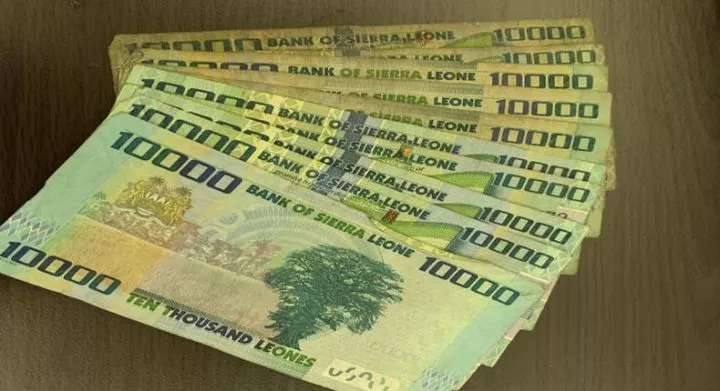
Fluctuations in exchange rates, impediment in local commerce and weak investment ecosystems are some of the issues currently plaguing a few African countries. This in hindsight is partly due to currencies that are way below their intended value. However, a weak currency can go beyond its direct economic consequence, as it has the potential to undermine national pride.
Inflation is one of the most direct and serious repercussions of a weak currency. As a currency depreciates, the cost of imported products and services rises, resulting in increased consumer costs. A weak currency can also go beyond affecting international trade, as it can also undermine internal production, resulting in increased prices for home made goods.
A weak currency and by extension, inflation, reduces regular residents' purchasing power, making it more difficult for them to get the essentials such as food, gasoline, and medication.
For nations already dealing with poverty and inequality, this can intensify existing social tensions and cause widespread misery.
Furthermore, nations with weak currencies may struggle to recruit qualified workers and technological knowledge from overseas, restricting their potential to innovate and prosper.
With that said, here are the weakest currencies in Africa for August, using Forbes Currency Converter.
Top 10 African countries with the weakest currencies in August 2024
| 1. | São Tomé & Príncipe | 22,281.8 | Dobra (STD) |
| 2. | Sierra Leone | 20,969.5 | Leone (SSL) |
| 3. | Guinea | 8,630 | Guinean Franc (GNF) |
| 4. | Madagascar | 4,600 | Malagasy Ariary (MGA) |
| 5. | Uganda | 3,725.10 | Ugandan Shilling (UGX) |
| 6. | Burundi | 2,878 | Burundian Franc (BIF) |
| 7. | Democratic Republic of Congo | 2,871 | Congolese Franc (CDF) |
| 8. | Tanzania | 2,699.92 | Tanzanian Shilling (TZS) |
| 9. | Malawi | 1,734.5 | Kwacha (MWK) |
| 10. | Nigeria | 1,590 | Naira (NGN) |

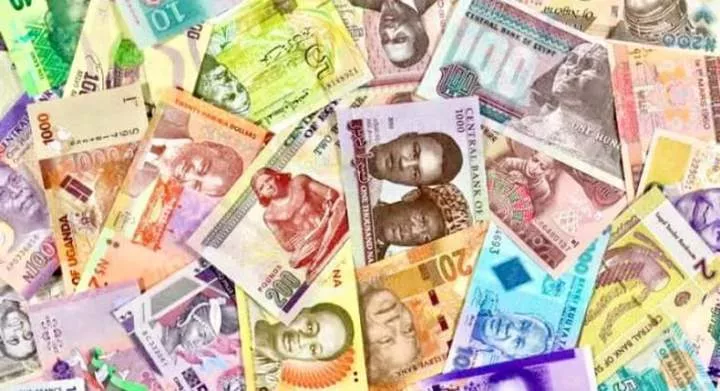
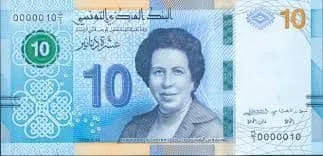
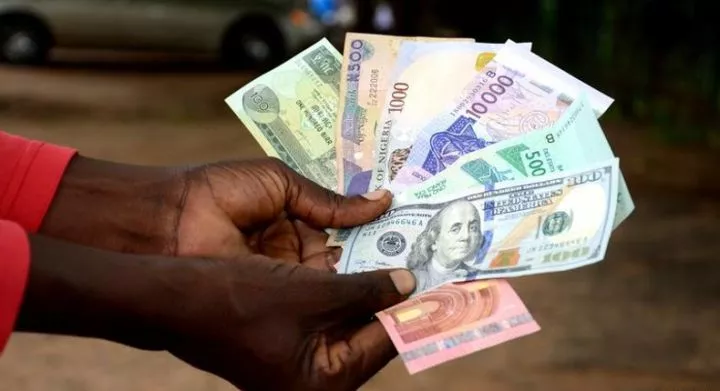
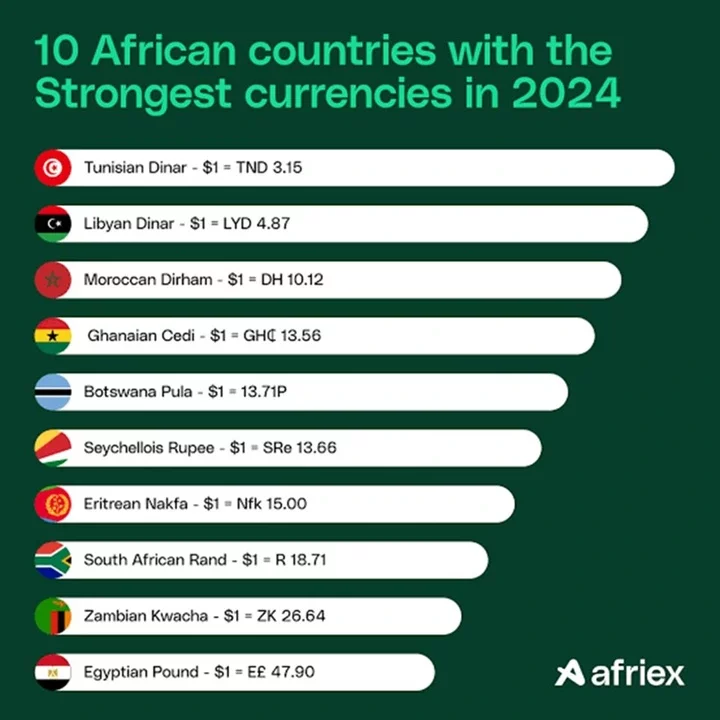
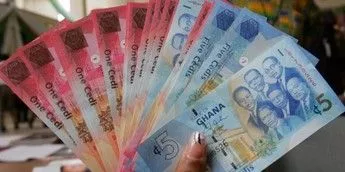
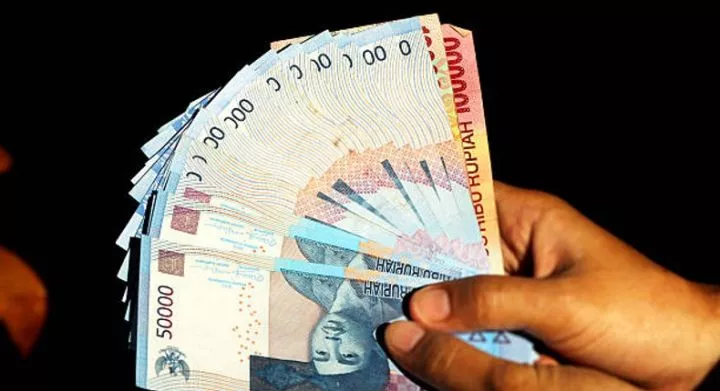






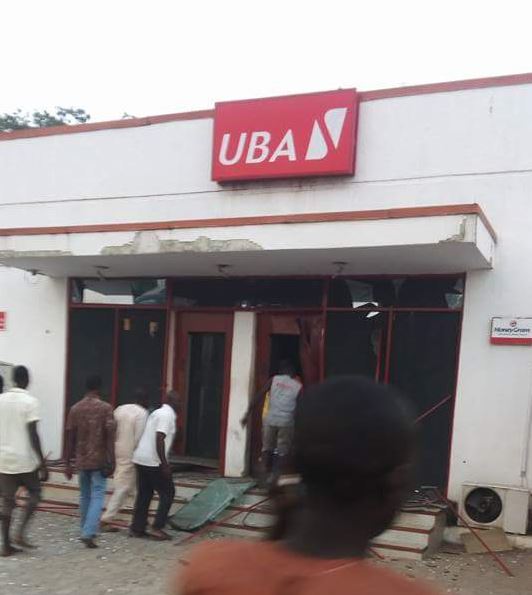


Comments